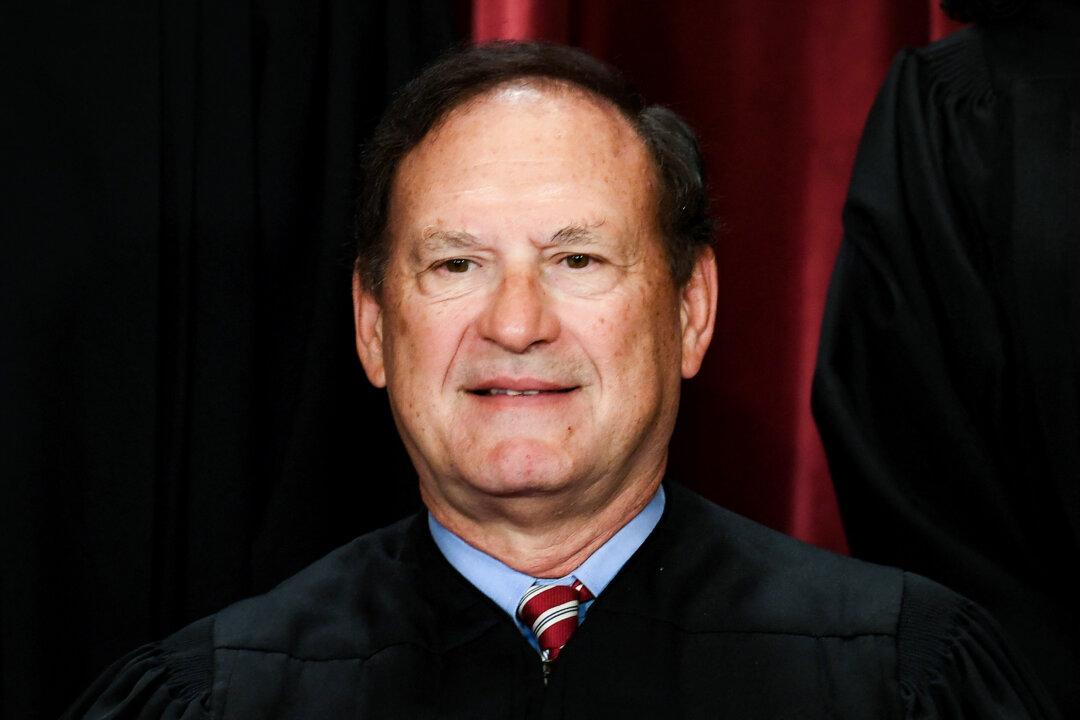A bureaucracy-empowering judicial doctrine that critics blame for the explosive growth of the U.S. government in recent decades should be overturned, the Supreme Court heard on Jan. 17.
The court may overturn the so-called Chevron deference doctrine that the Supreme Court enunciated in 1984, or narrow its application. “Chevron deference,” as lawyers call it, holds that an agency’s interpretation of a statute it administers is entitled to deference unless Congress has said otherwise.





